
Germany shifts trade focus to CEE as exports to China fall
Germany’s trade with Central and Eastern Europe rose EUR 5.4bn to EUR 275bn in the first half of 2025, led by a surge in exports to Poland, Ukraine and Slovenia.
This tag highlights content related to economic systems, trends, and impacts — including topics such as macroeconomic analysis, financial markets, economic policy, and sustainable growth.

Germany’s trade with Central and Eastern Europe rose EUR 5.4bn to EUR 275bn in the first half of 2025, led by a surge in exports to Poland, Ukraine and Slovenia.
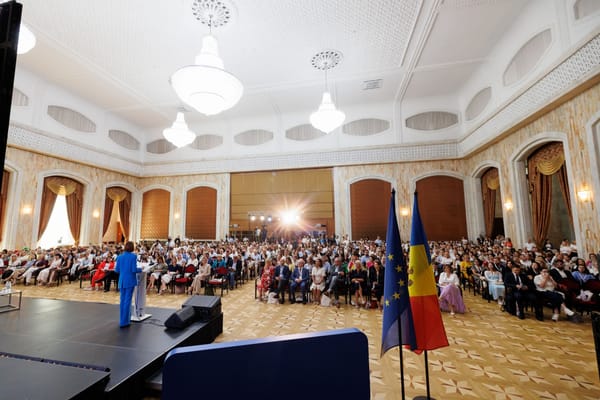
If the EU decides to approach Moldova separately, it would depart from recent EU practice of advancing Moldova, Ukraine and Georgia as a group under the "Association Trio" framework.
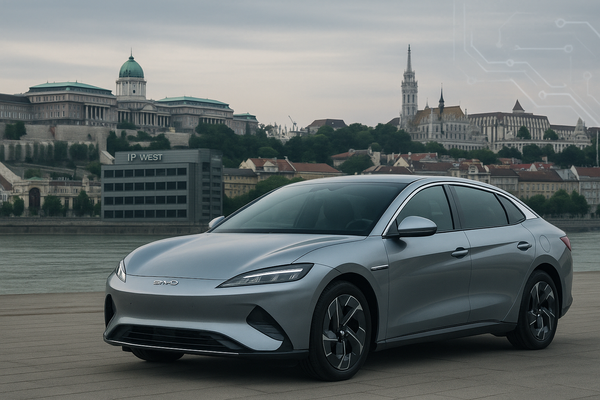
Chinese electric vehicle (EV) manufacturer BYD on 15 May signed an agreement with the Hungarian government to relocate its European headquarters to Budapest's 11th District, alongside two major research and development projects. The announcement marks the latest phase in BYD's European expansion. Hungary's government
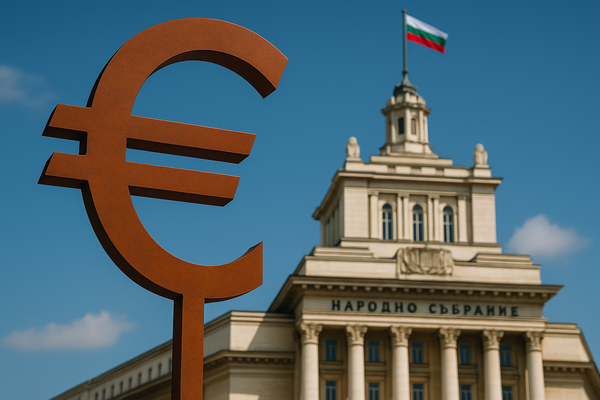
Bulgaria’s pro-European opposition has tabled a declaration committing the country to join the Eurozone on 1 January 2026, challenging the government to reaffirm its commitment to its deadline, amid suggestions of a referendum on the issue. The We Continue the Change-Democratic Bulgaria (PP-DB) coalition, called for Parliament to restate
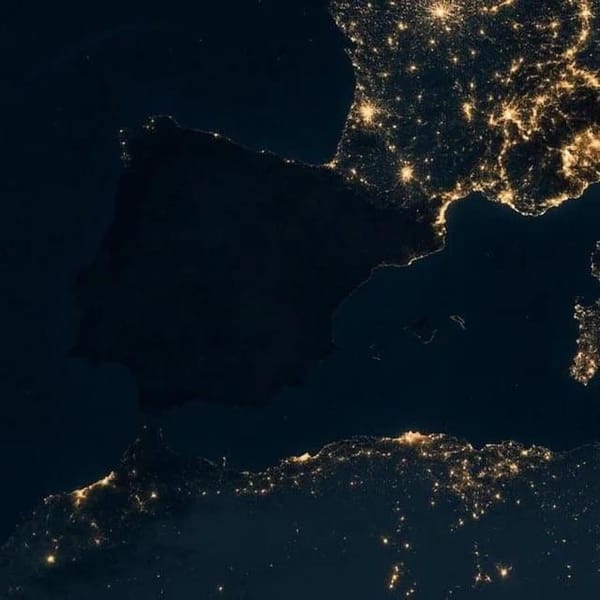
Hungary currently leads the world for share of solar energy in its energy mix, as it generated a quarter of its domestic electricity from photovoltaic panels in 2024. However, the recent massive blackout in Spain and Portugal served as a reminder of the challenges involved with high reliance on renewable
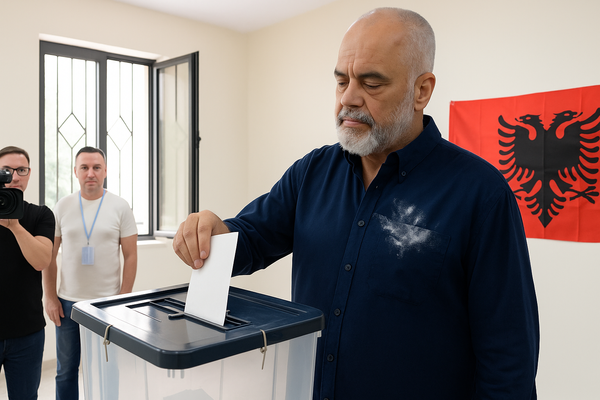
Albanian Prime Minister Edi Rama has claimed victory in Albania’s parliamentary election on Sunday, 11 May, after exit polls showed his Socialist Party (PS) with a clear lead. The vote, which has been characterised as ballot on Albania’s commitment to EU accession, was marked by low turnout and
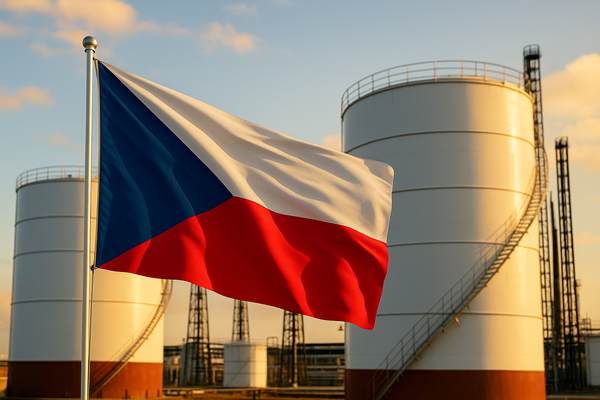
Czechia has halted imports of Russian crude oil delivered via the Druzhba pipeline for the first time in 60 years, Czech Prime Minister Petr Fiala announced in mid-April. The milestone was enabled by the expansion of the Transalpine Pipeline (TAL), which connects the Italian port of Trieste to Austria and

Workers in Central and Eastern Europe (CEE) enjoy some of the lowest personal income tax rates in Europe, with Slovakia and Poland the outliers for individuals and families, according to a new Organisation for Economic Co-operation and Development (OECD) report. The OECD Taxing Wages 2025 report analysed tax data and
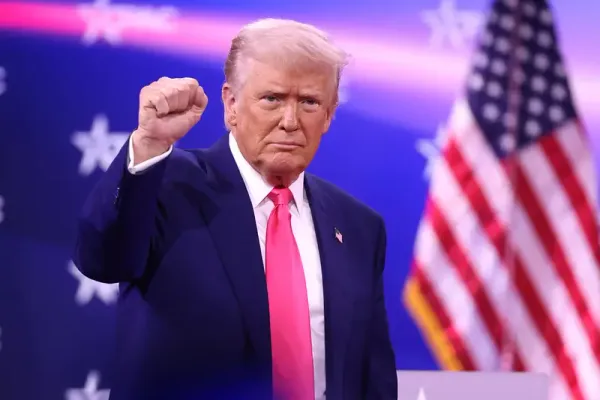
US President Donald Trump’s new raft of global tariffs threatens to hammer the export-driven economies of CEE countries.
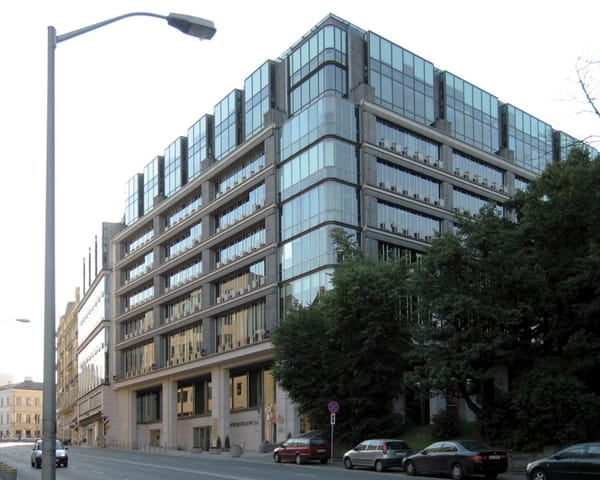
Poland’s main stock market index, the Warsaw Stock Exchange (WIG), closed above 100,000 points for the first time this week, signalling a milestone for the bourse, stronger investor confidence and Poland’s growing regional influence. Warsaw Stock Exchange CEO Marek Dietl said in an interview with PAP Biznes:
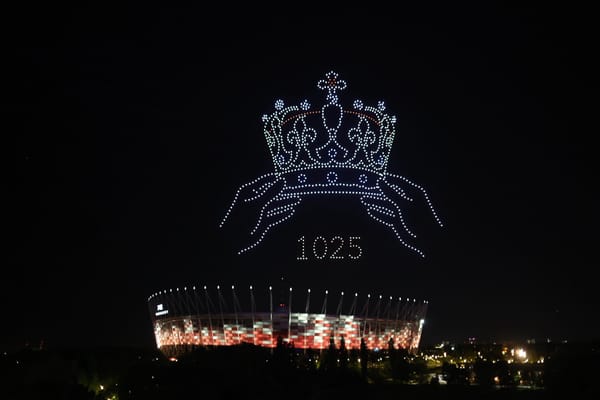
Poland has launched a new national doctrine aimed at establishing the country as the dominant military and economic power in Central and Eastern Europe (CEE). Polish Prime Minister Donald Tusk announced the "Piast Doctrine" during a speech in Gniezno, central Poland. "Maybe today it is worth announcing

Prague has launched two major transport infrastructure projects, expanding Vaclav Havel Airport and introducing a new generation of trams to modernise its urban network. The initiatives form part of a broader strategy to boost Prague’s competitiveness as a Central and Eastern Europe (CEE) hub for air travel, freight logistics

The EU’s employment rate reached a record high of 70.9% in the fourth quarter of 2024, according to the Organisation for Economic Co-operation and Development (OECD). But while this marks a major milestone for the bloc, the picture in Central and Eastern Europe (CEE) is more complex, as

Greece has announced plans to repay its first bailout loans a decade ahead of schedule, in a move that officials say underscores the country’s economic recovery and new fiscal credibility. The repayment strategy would see Greece pay off the remaining EUR 31bn of its initial EUR 53bn in bailout
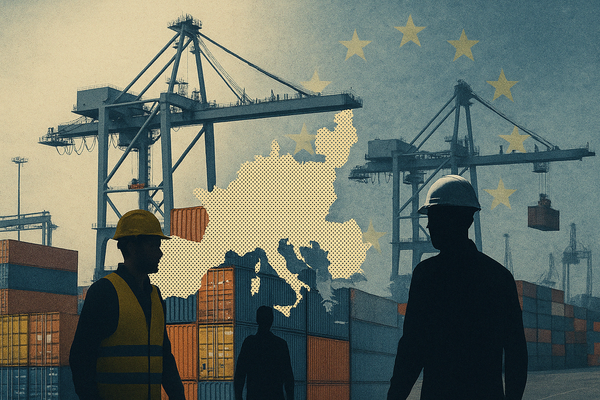
Despite their export-driven economies and strong manufacturing bases, Central and Eastern Europe (CEE) countries may be more resilient to global trade tensions from US tariff policies, than previously assumed, ING bank writes in a new report. Economies have shown resilience - ING While CEE's close ties with Germany